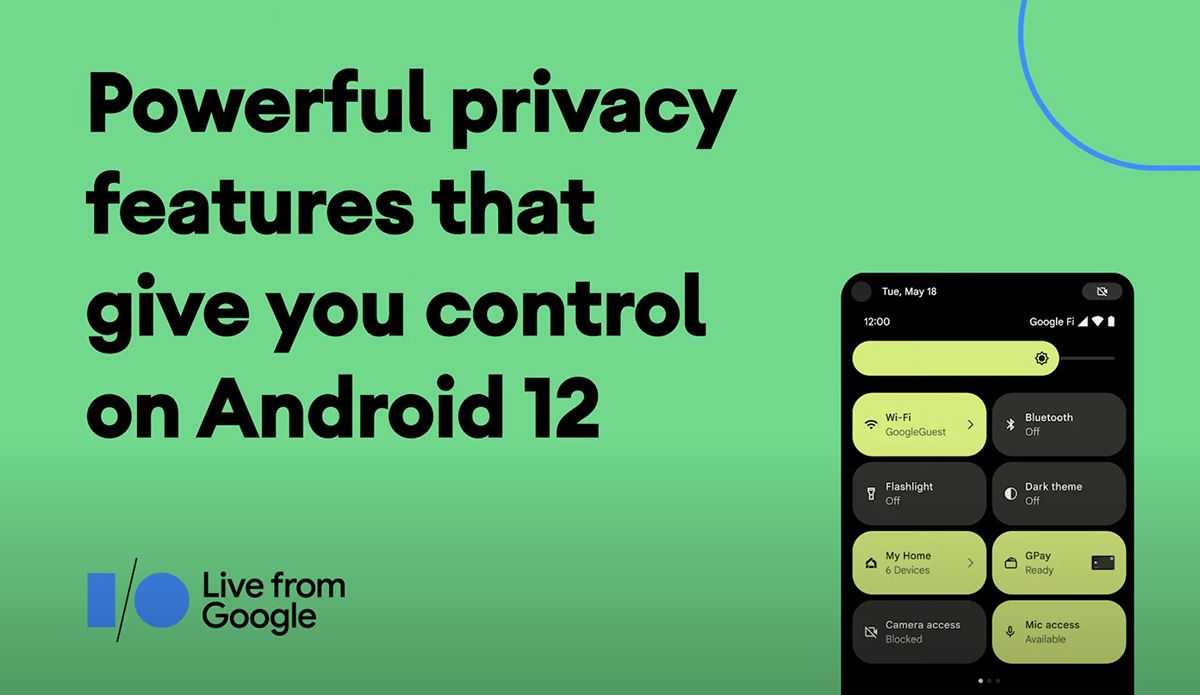One of the new privacy features introduced in Android 12 is Private Compute Core, a secure partition within the operating system that stores and processes machine learning data. Not a lot of details of how it works have been released, though we know that it holds data for three machine learning features: Live Caption, Now Playing, and Smart Reply. The point of the Private Compute Core is that features powered by it don’t have direct access to the Internet, but many machine learning and AI features need to be updated from time to time with new and improved models. Now the Private Compute Services app has surfaced on the Google Play Store, after being announced last month.
Images source: 9to5Google
Private Compute Services provide a privacy-preserving bridge between the Private Compute Core and the cloud, making it possible to deliver new AI models and other updates to sandboxed machine learning features over a secure path. Google says communication between features and Private Compute Services happens over a set of purposeful open-source APIs, which removes identifying information from data and applies privacy technologies like Federated Learning, Federated Analytics, and Private information retrieval.
Google says it will open-source the code for Private Compute Services so that independent security researchers can audit it. However, there’s no timeline on when the code will be publicly released.
Currently, there's isn't a whole lot of information about what exactly the Private Compute Core is. Best guesses put it down to being a stripped-down version of Android in a VM, and ArsTechnica's Ron Amadeo shared a diagram from Google on Twitter, along with his own understanding of what the Private Compute Core appears to be.
Images source: 9to5Google
Private Compute Core is a secure environment that’s isolated from the rest of the operating system and apps. Data stored and processed within this sandbox isn’t exposed to other apps unless intended by the user. For example, a Smart Reply suggestion will remain hidden from your keyboard and the app you’re typing into until you tap on it. Private Compute Services not only bridge the gap between the Private Compute Core and your smartphone but also keep those features updated with new AI-based models and changes.

